
What Is CBG Oil?
If you’re looking for a comprehensive, natural solution to tackle inflammation and its debilitating effects, you’re in the right place. Welcome to the new era
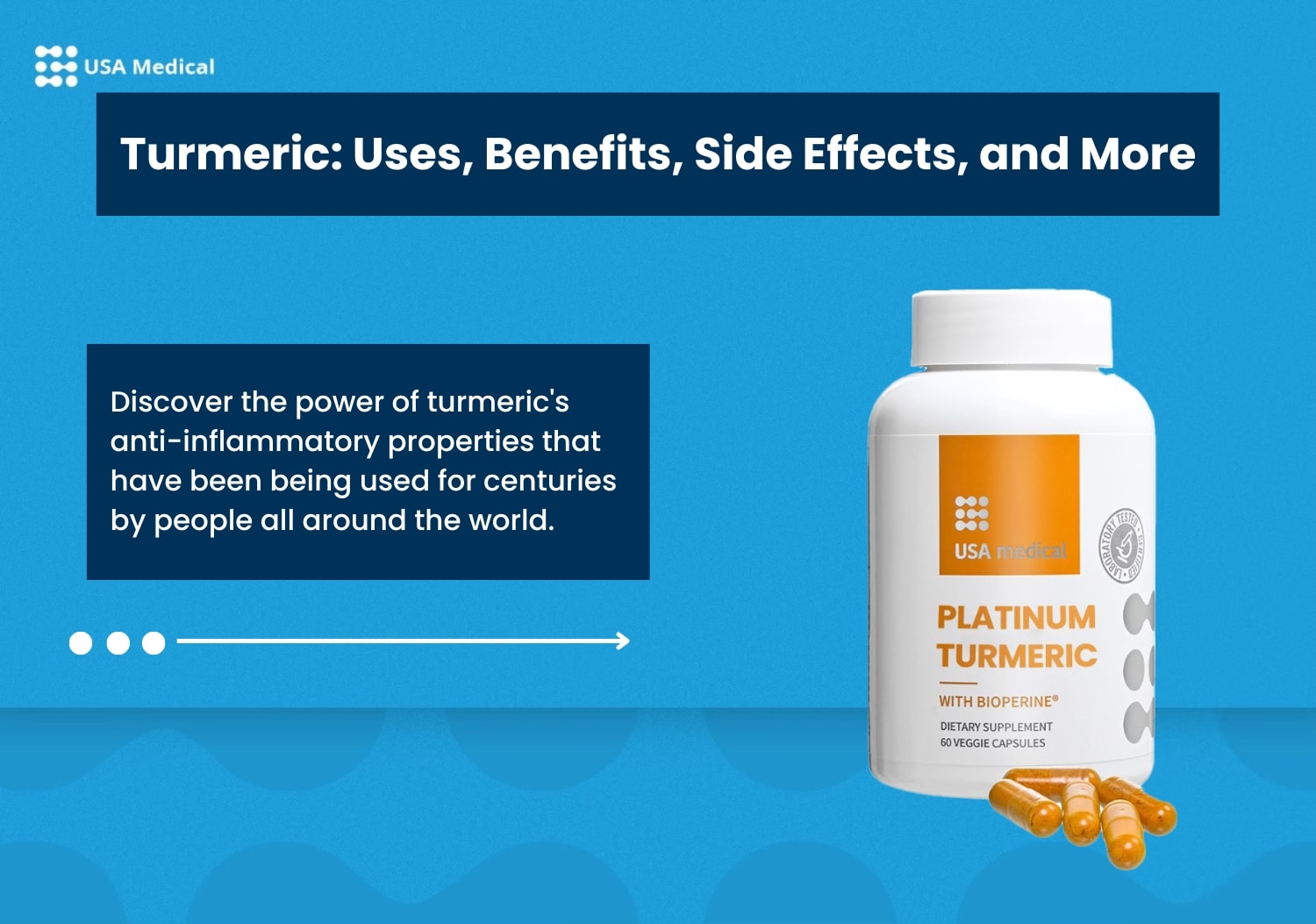
Turmeric is great for reducing pain, inflammation and boosting overall well-being. The vibrant yellow-orange spice that adds color and flavor to many dishes has numerous health benefits and has been used for centuries to help with all kinds of health-related issues.
Turmeric isn’t just for cooking anymore; scientific research supports turmeric’s traditional uses as well as all of the health benefits associated with the spice.
The active ingredient in turmeric, curcumin, holds significant importance in maintaining and enhancing our health.
It plays a crucial role in promoting our body’s natural defense mechanisms, supporting cognitive function, aiding digestion, and contributing to overall wellness.
Today, studies focus on how turmeric can improve overall well-being by aiding in inflammation response and stress relief. making turmeric an exciting area of nutritional research.
In this article, we will cover the ins and outs of turmeric and exactly how it can help you to live a healthier, happier life.
Adaptogens are natural substances that help the body adapt to stress and promote balance and normal functioning. They’ve been used for centuries in Ayurvedic and traditional Chinese medicine.
Turmeric is considered an adaptogen due to its ability to help the body respond to stress.
Turmeric works to balance the body’s responses, particularly regarding inflammation and oxidative stress.
Chronic stress often leads to systemic inflammation and an imbalance in stress. By helping stop to these responses, turmeric supports the body’s ability to deal with stress.
As an adaptogen, turmeric provides a host of benefits, supporting your immune system, inflammatory pain, and stress levels. The overall result is a better response to physical, emotional, and environmental stressors.
Turmeric has strong anti-inflammatory properties that can counteract inflammation at the molecular level in your body.
This property makes it beneficial in managing inflammatory conditions such as arthritis, inflammatory bowel disease, and even certain skin conditions.
Turmeric is a potent antioxidant that can neutralize harmful free radicals in the body. Doing so helps protect the body from oxidative stress, a major contributor to aging and various diseases.
It also boosts the body’s antioxidant enzymes, enhancing your total antioxidant capacity and improving immune function and response.
Several studies have shown that turmeric supports brain health. It’s been shown to increase levels of brain-derived neurotrophic factor (BDNF), a type of growth hormone that works in the brain.
Disorders such as depression and Alzheimer’s have been linked to decreased levels of this hormone, so turmeric increasing the hormone would allow you to be happier and experience less depression and anxiety.
Turmeric improves heart health by reducing inflammation and oxidation, both of which are critical to heart disease.
Additionally, the curcumin found in turmeric can improve the function of the endothelium, the lining of your blood vessels, promoting healthy blood pressure and circulation.
Traditionally, turmeric has been used to aid in digestion and relieve gastrointestinal discomfort. Its anti-inflammatory properties can help soothe the digestive tract, making it useful for conditions like irritable bowel syndrome (IBS) and gastritis as well as upset stomach.
Adults use turmeric in doses of up to 1.5 grams daily for up to 9 months. It is also sometimes used in mouthwashes, gels, and creams. at USA Medical, we suggest two (2) 800mg capsules per day.
Turmeric is available in various forms, including:
Each form has its unique benefits, but capsules are the best and most effective way to consume turmeric.
When choosing a turmeric supplement, ensure it contains:
Look for something like this when looking at lab tests: https://usamedical.com/en/wp-content/uploads/2023/01/Platinum-Turmeric-COA-Lot-11882-3-9-2021.pdf
Lab testing ensures the safety, quality, and potency of turmeric supplements. Always choose supplements from brands that provide third-party testing results to ensure no toxic chemicals and fillers are added to the supplements.
Turmeric is generally recognized as safe and has many health benefits:
Turmeric is a powerful supplement with a long list of potential health benefits. From its potent anti-inflammatory and antioxidant properties to its ability to improve cognitive function, heart health, and digestion, it is worth adding to your wellness routine.
Always choose a high-quality, third-party-tested turmeric supplement to ensure you are getting the best possible product. USA Medical is committed to ensuring you get the best products possible with the most transparency possible.
If you you suffer from chronic pain or inflammation give turmeric a try right now.
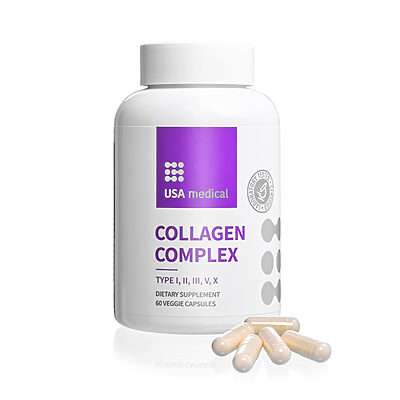
In stock | Expected delivery: 04/30/2024
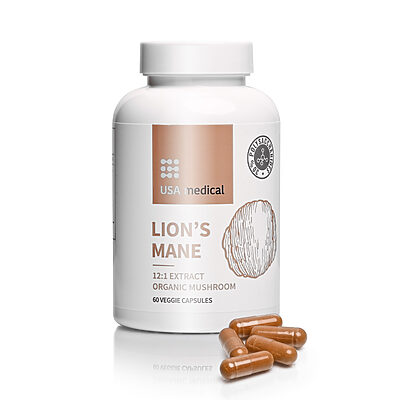
In stock | Expected delivery: 04/30/2024
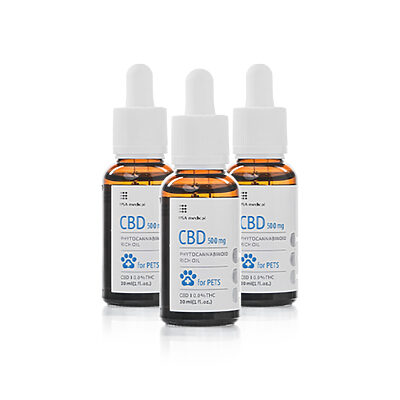
In stock | Expected delivery: 04/30/2024

In stock | Expected delivery: 04/30/2024
These statements have not been evaluated by the Food and Drug Administration. These products/services are not intended to diagnose, treat, cure, or prevent any disease.

If you’re looking for a comprehensive, natural solution to tackle inflammation and its debilitating effects, you’re in the right place. Welcome to the new era

The Invisible Enemy Within You wake up feeling groggy, your joints ache, and that old neck pain seems to have returned. No, it’s not just

CBG oil has been creating waves in the health and wellness industry, and for good reasons. But with any health trend, it’s crucial to separate
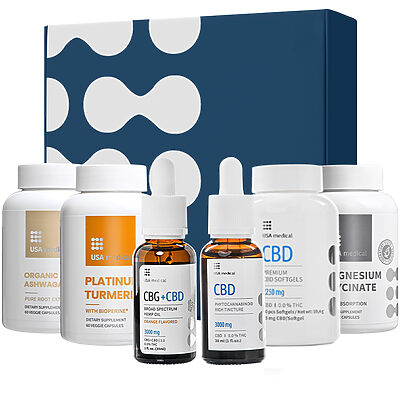
In stock | Expected delivery: 04/30/2024
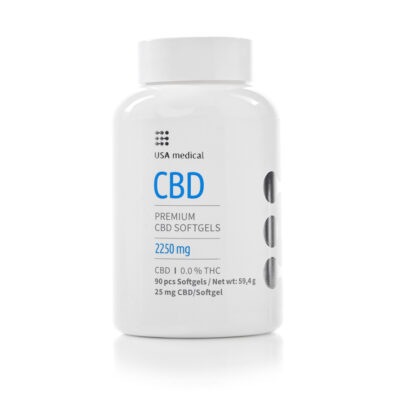
In stock | Expected delivery: 04/30/2024
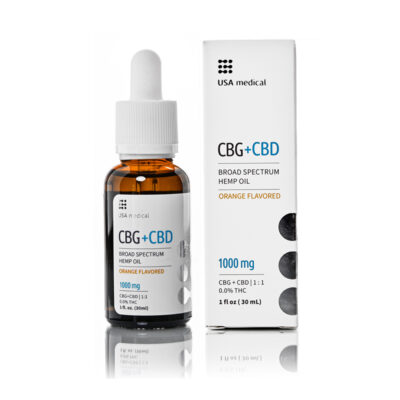
In stock | Expected delivery: 04/30/2024
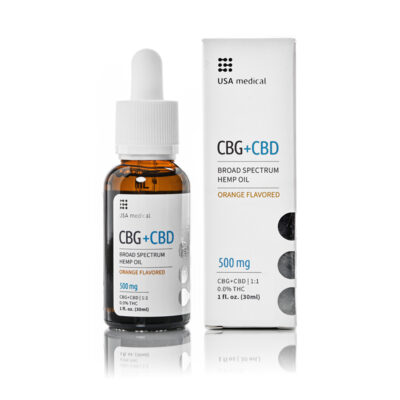
In stock | Expected delivery: 04/30/2024
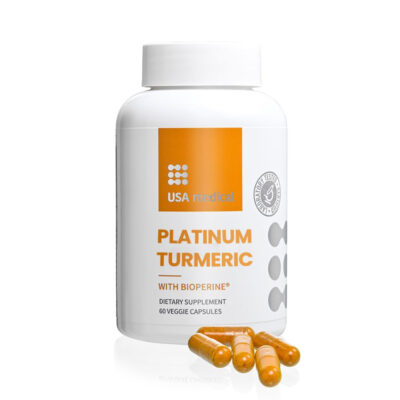
In stock | Expected delivery: 04/30/2024
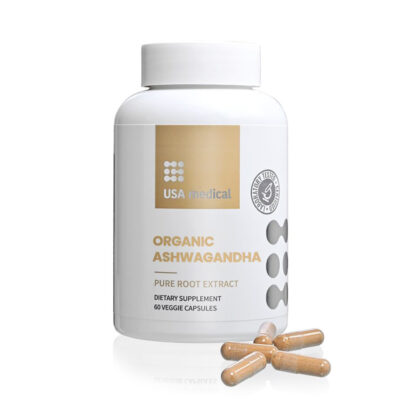
In stock | Expected delivery: 04/30/2024
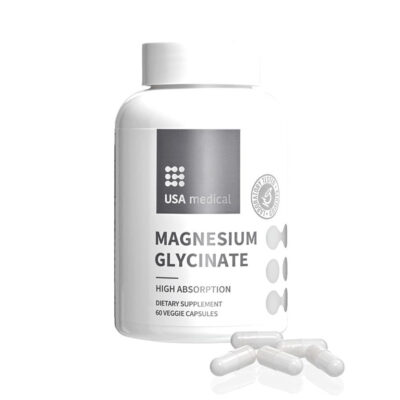
In stock | Expected delivery: 04/30/2024

Get your coupon instantly!
This coupon has no restrictions – use it on anything at USA Medical.

Join the USA Medical Family!
Get access to exclusive offers and giveaways in our Facebook group.
These statements have not been evaluated by the Food and Drug Administration. These products are not intended to diagnose, treat, cure, or prevent any diseases. Results may vary.
This site is protected by reCAPTCHA and the Google Privacy Policy and Terms of Service apply.
© USA Medical, 2024. All rights reserved.